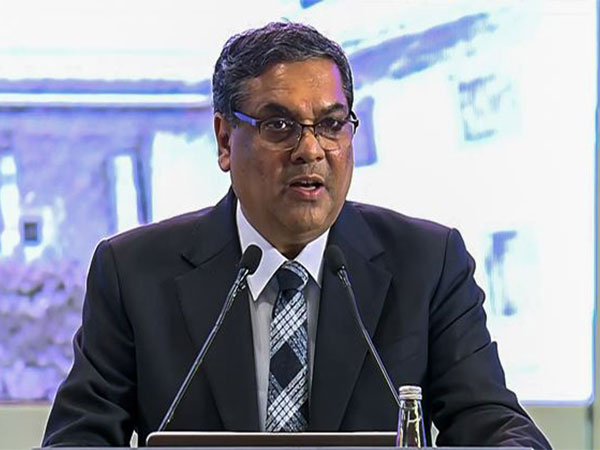Justice Sanjiv Khanna Sworn in as India's 51st Chief Justice
Justice Sanjiv Khanna has been sworn in as India's 51st Chief Justice, following the retirement of Chief Justice DY Chandrachud. The oath was administered by President Droupadi Murmu at Rashtrapati Bhavan. Justice Khanna's term, a crucial period in Indian jurisprudence, is set to end in May 2025.

- Country:
- India
Justice Sanjiv Khanna was sworn in as the 51st Chief Justice of India at a ceremony held today at Rashtrapati Bhavan. The oath was administered by President Droupadi Murmu at 10 AM, marking the commencement of Justice Khanna's tenure following the retirement of Chief Justice DY Chandrachud on Sunday.
At the age of 64, Justice Khanna will hold the position for six months, with his tenure concluding on May 13, 2025. Hailing from a legal legacy, he is the son of former Delhi High Court judge Justice Dev Raj Khanna and the nephew of former Supreme Court judge HR Khanna. Justice Khanna has played a pivotal role in several landmark judicial decisions, including rulings on the legitimacy of Electronic Voting Machines and the constitutionality of the Electoral Bonds scheme. He also opposed the abrogation of Article 370 and granted interim bail to Arvind Kejriwal, former Delhi Chief Minister.
Justice Khanna's appointment was officially notified on October 24, subsequent to the recommendation by Chief Justice Chandrachud on October 16. Born on May 14, 1960, he began his legal career by enrolling as an advocate with the Bar Council of Delhi in 1983. His practice began at the district courts of Tis Hazari before transitioning to the Delhi High Court and various tribunals. Prior to his appointment to the Supreme Court in January 2019, he served a significant tenure as senior standing counsel for the Income Tax Department and was elevated as an additional and then permanent judge of the Delhi High Court in 2005 and 2006, respectively.
(With inputs from agencies.)
ALSO READ
Mexican Judicial Shakeup: Alfredo Gutierrez's Resignation Sparks Supreme Court Crisis
Judicial Shake-up in Mexico: Supreme Court Resignations Signal Constitutional Crisis
Judicial Exodus: Mexico's Supreme Court Shake-up
Trump's Legal Gambit Post-Election: Déjà Vu at the Supreme Court?
Judicial Stalemate: Supreme Court Collegium's Nominees Await Government Nod










